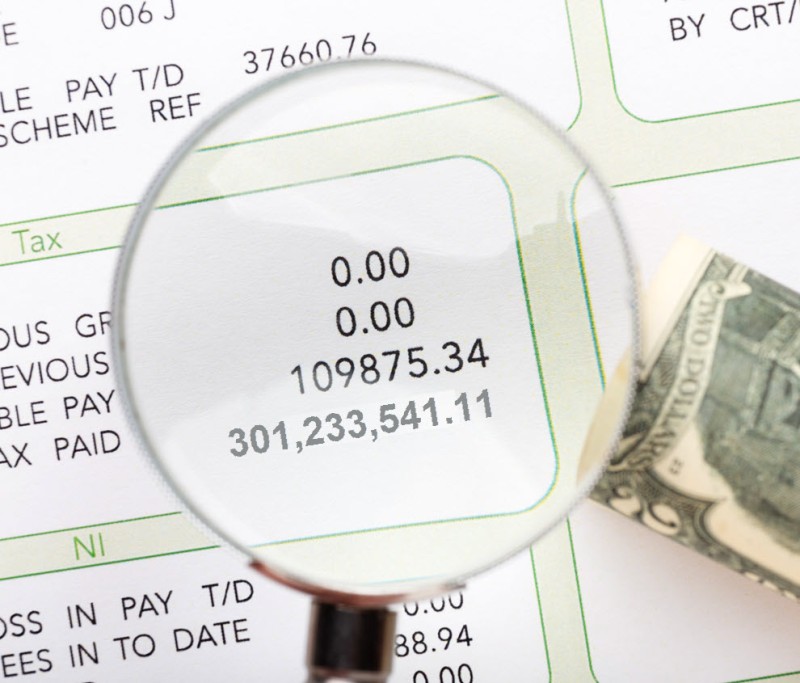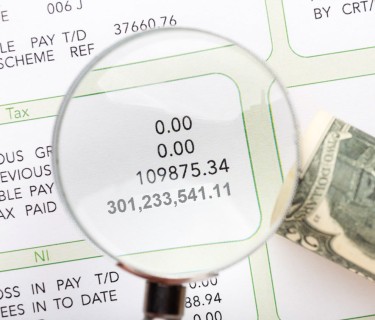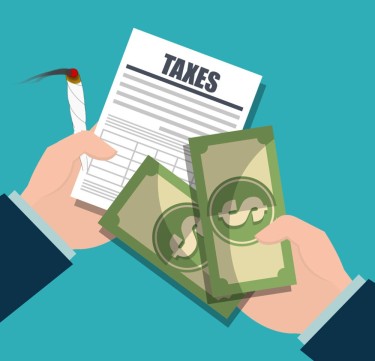A recent report from the Marijuana Policy Project revealed that tax revenue from adult-use cannabis experienced a decline across legal states in 2022, marking the first time this has occurred in the United States. While sales tax from cannabis still generated a respectable $3.77 billion, this figure was slightly lower than the $3.86 billion generated in 2021.
Despite declining adult-use cannabis tax revenue in 2022, states reported over $15.1 billion in tax revenue from legal cannabis sales for adults. This figure reflects sales since 2014 when sales began in Colorado and Washington. The report also noted that while new states legalized cannabis, the revenue contributions from these states were offset by decreases in revenue from the larger states.
Toi Hutchinson, the President and CEO of the Marijuana Policy Project, made some interesting comments. He said the new revenue streams generated from legal cannabis sales are being used to fund essential social services and programs nationwide. These include education, veterans' benefits, alcohol and drug treatment, job training, and reinvestment in communities that War on Drugs has negatively impacted. He also emphasized that the states that fail to keep up with legalizing cannabis will not only be letting down their citizens but also missing out on potential revenue," stated Hutchinson.
Canada, which legalized cannabis as a nation in 2018, has collected over $1 billion in tax revenue.
Top Five States
Most of the revenue accrued came from the old guard, with the top five states being:
-
California: $1,074,560,287
-
Illinois: $562,119,019
-
Washington: $529,443,420
-
Michigan: $326,049,074
-
Colorado: $305,034,034
California
In 2022, California amassed slightly over $1 billion in cannabis taxes, a notable decrease from almost $1.3 billion in 2021 and lower than the $1.1 billion in 2020. Cannabis sales in the state also dropped by 8% in 2022, going from $5.7 billion in 2021 to $5.3 billion in 2022. The decline has been attributed to several factors, including the continued presence of the illicit market, declining wholesale prices, and severe delays in local licensing.
Like other well-established markets, California's tax revenue in 2022 exceeded the figures reported before the outbreak of the coronavirus pandemic.
The legalization law that voters approved mandates that a substantial portion of cannabis tax revenues are allocated towards local nonprofit programs that assist individuals negatively impacted by harsh drug laws. As of April 2021, community groups had already received over $100 million in funding from this initiative. Additionally, the state directs sizable portions of cannabis revenue towards supporting childcare services and environmental programs.
Illinois
Illinois' cannabis law prioritizes social equity and addressing the harm caused by punitive cannabis laws. The state allocates 20% of adult-use cannabis tax revenue to mental health services. Another 25% of the amassed revenue is disbursed to the Recover, Reinvest, and Renew Program. This program assists local organizations in creating initiatives that benefit underserved communities.
Illinois has seen an upward movement in tax revenue since 2020. According to the report, Illinois accumulated $562,119,019 in tax revenue from cannabis sales in 2022.
Washington
Washington State boasts some of the highest cannabis taxes in the country. Since the commencement of sales, the state has amassed almost $3.5 billion in cannabis excise and sales taxes. Despite a greater number of adults consuming alcohol, state officials have reported that revenue from the 37% retail tax on cannabis has outstripped that from alcohol tax in every fiscal year since 2019.
Almost $600 million is directed towards public health initiatives. This includes a fund that offers health insurance for low-income families for every $1 billion generated from the cannabis sales tax revenue.
Washington experienced consistent yearly growth in cannabis tax revenue until 2022. The state collected over $630 million in excise and sales taxes from cannabis in 2021, but the figures dropped to under $530 million in 2022. However, Washington's cannabis tax revenue in 2022 surpassed the pre-pandemic numbers, and the state collected about 10% more tax revenue than in 2019.
Michigan
In November 2018, Michigan voters passed a measure to legalize and regulate cannabis for adult use. Sales commenced in December 2019, but local governments need to be more active in adopting and implementing regulations, which hinders the shift from the illegal market. The initial licenses for adult use were only granted in Detroit in December 2022.
In 2022, Michigan witnessed a surge in tax revenues compared to 2021, as it is a relatively new market with more regions joining. The increase in tax revenue was more than 55%. For the year, Michigan accrued $326,049,074.16 in tax revenue.
Colorado
Colorado has generated over $2.1 billion in adult-use cannabis taxes since 2014. At least $745.6 million of the revenue has been dedicated to improving Colorado's public school system. Despite years of steady growth in cannabis sales and related tax revenue, in 2022, Colorado experienced a nearly 30% reduction in adult-use cannabis tax revenue compared to the prior year — from $395 million in 2021 to $305 million in 2022.
In 2022, Colorado's cannabis tax revenue defied the odds and outshined pre-pandemic years despite a dip in previous years. The year recorded a remarkable 9.3% increase from 2019, marking an impressive milestone for the industry. Notably, the tax revenue figures do not even include the lucrative local sales tax revenue, which has been exceptional. For example, Denver has creatively tapped into this revenue stream by imposing a standard local sales tax of 4.81% and an additional 5.5% sales tax exclusively for adult-use cannabis. This results in an estimated revenue collection of $63.2 million in 2022.
Conclusion
US states benefit from legalizing and taxing the plant as the cannabis business continues to develop and grow. Due to different variables, including the pandemic and licensing delays, some states have observed variations in tax revenue, while others have had continuous growth year after year. Many states use the money they receive from cannabis taxes to support initiatives that help underprivileged communities, such as mental health services, educational programs, and environmental projects, focusing on social equity and repairing past wrongs. It will be interesting to watch how the landscape of cannabis taxation and regulation changes as the sector grows and more states legalize cannabis.







